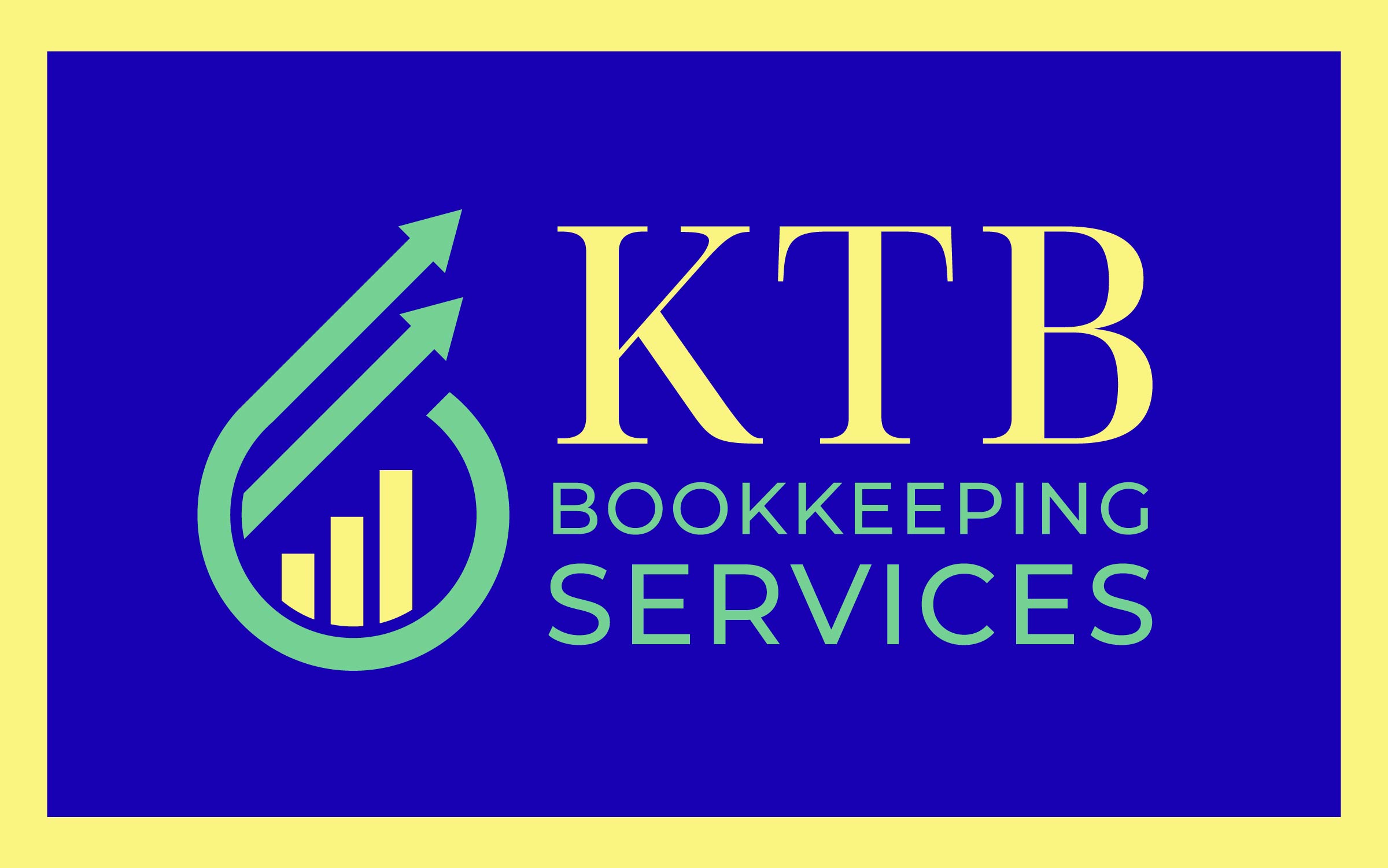By Keeping the Books – New England’s Trusted Bookkeeping Partner
When it comes to managing your business finances, choosing the right bookkeeper matters more than most small business owners realize. You want someone reliable, experienced, and detail-oriented — but should they be local, or is a virtual bookkeeper just as effective?
In today’s digital world, both options have advantages. The best choice depends on your business size, comfort level with technology, and how hands-on you want to be. Let’s break down the differences so you can decide what fits you best.
What Is a Local Bookkeeper?
A local bookkeeper is someone you can meet in person, often in your town or nearby. They may work from their own office or visit your business to review financial records.
Advantages of a Local Bookkeeper:
Face-to-face communication: Great for business owners who value personal interaction and prefer to review reports together.
Knowledge of local tax rules: They’re often familiar with state-specific regulations and local business practices.
Ideal for paper-based systems: If your records aren’t fully digital, a local bookkeeper can handle physical receipts and ledgers.
Potential Drawbacks:
Limited flexibility: Meetings often depend on schedules and location.
Higher costs: Local services sometimes charge more due to in-person time and travel.
Less scalability: If your business grows or expands beyond your region, you might outgrow your local setup.
What Is a Virtual Bookkeeper?
A virtual or remote bookkeeper manages your books entirely online, using secure accounting software and cloud-based tools like QuickBooks Online, Xero, or Wave. You can share documents, review reports, and communicate through email or video calls.
Advantages of a Virtual Bookkeeper:
Convenience and flexibility: You can work together from anywhere — perfect for remote or hybrid businesses.
Real-time updates: Cloud-based systems allow you to see your financial data anytime.
Scalability: Easy to add services as your business grows.
Often more cost-effective: No in-person overhead means competitive pricing.
Potential Drawbacks:
Requires digital comfort: You’ll need to feel confident using online systems.
Less personal interaction: Communication happens virtually, which may not suit everyone.
Which Option Is Right for You?
Here’s a quick way to decide:
Choose a local bookkeeper if you prefer in-person meetings, want someone who understands your local market, or work primarily with paper records.
Choose a virtual bookkeeper if you value flexibility, real-time reporting, lower costs, and access to a broader range of expertise.
For many small business owners, hybrid bookkeeping offers the best of both worlds: local knowledge combined with the efficiency of online tools.
Both local and virtual bookkeeping services can help keep your finances organized and ensure your business remains compliant. The key is finding someone you trust and who understands your business goals.
At Keeping the Books, we serve clients throughout New England and beyond with secure, reliable online bookkeeping services. Whether you prefer to meet face-to-face or manage everything virtually, our team provides accurate, stress-free financial management tailored to how you work best.



